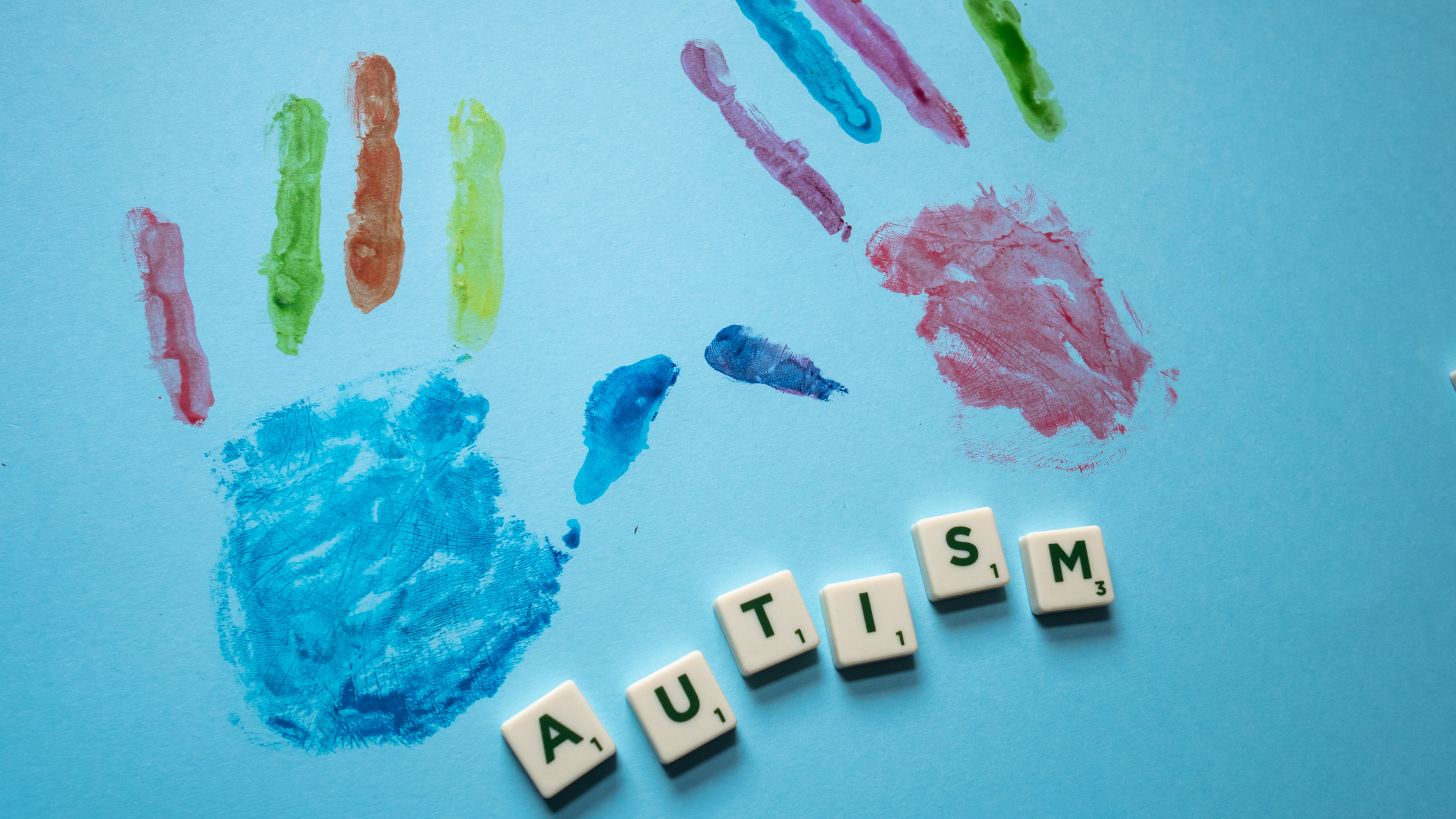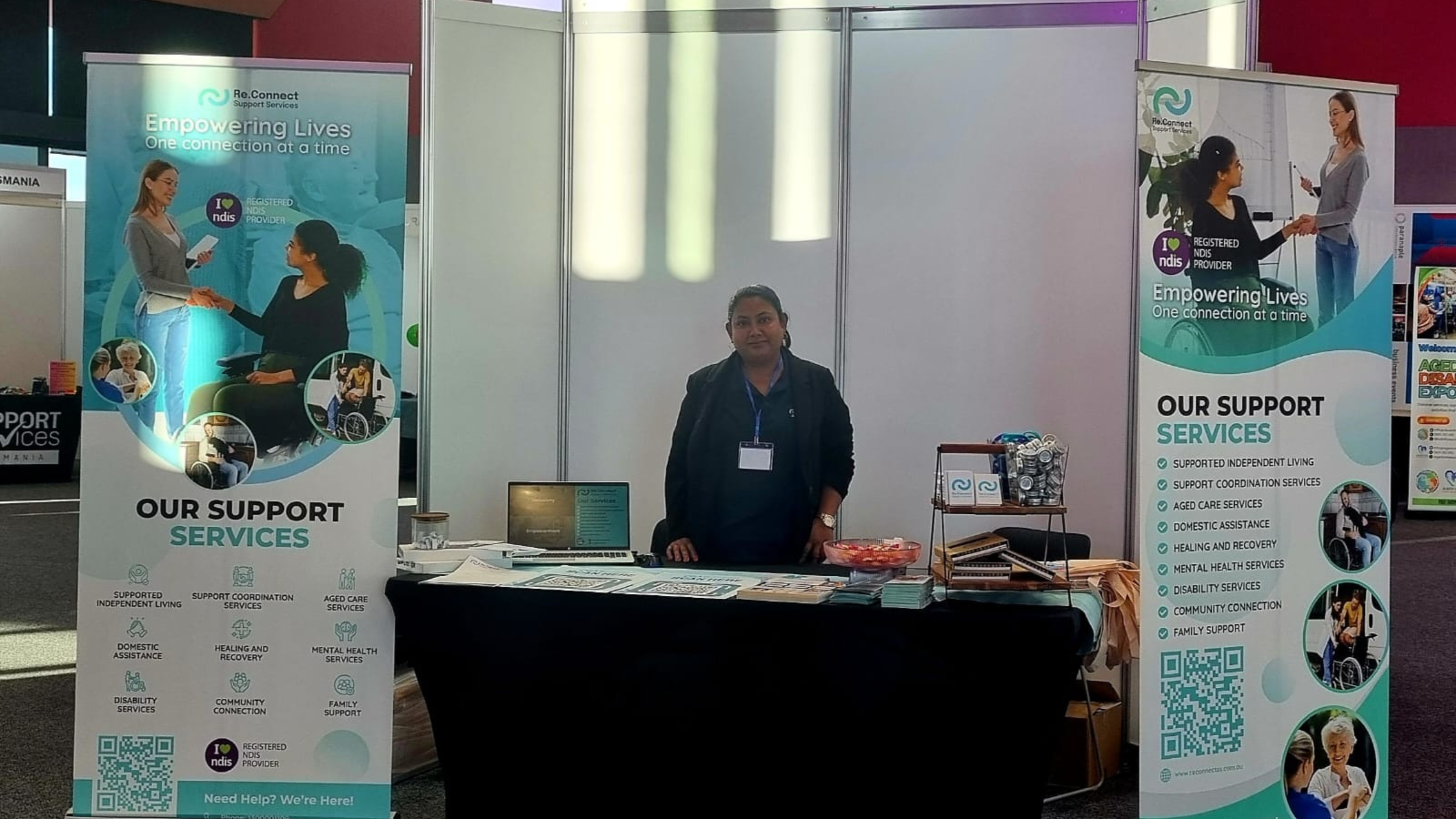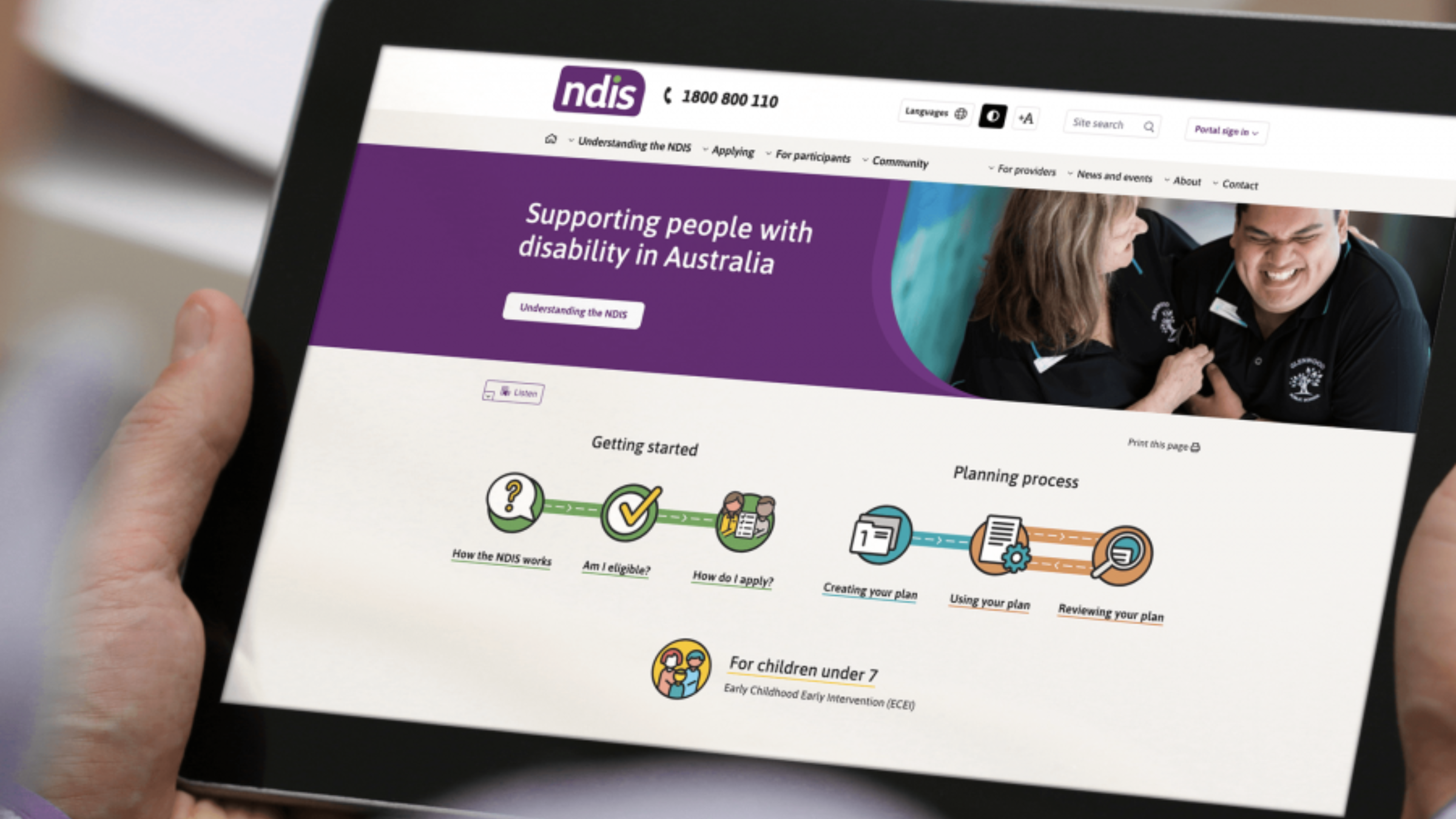Quick Answer
Q: What is the NDIS autism reform and how will it affect families?A: The federal government, led by Disability Minister Mark Butler, has announced sweeping changes to the National Disability Insurance Scheme (NDIS). From mid-2026, the government will divert children with mild to moderate autism or developmental delay from the NDIS to the Thriving Kids Program, a new system of foundational supports delivered through mainstream services like schools, GPs, and bulk-billed check-ups.
The NDIS will continue to support children and young people with a significant or permanent disability. This reform is designed to protect the scheme’s financial sustainability while improving outcomes for autistic children and their families.
A Once-in-a-Generation Reform

At the National Press Club NPC, Minister Butler called the change a once-in-a-generation reform. He pointed out that the NDIS was never designed to serve many children on the autism spectrum with only mild needs. The original intent of the scheme was to provide lifelong disability support for people with significant disabilities or permanent disability. The NDIS was a scheme designed to provide targeted support, but reforms are needed to keep the scheme sustainable.
With disability prevalence growing, and spending growth running at more than eight per cent per year—partly due to unit price inflation—the government argued the NDIS could not exist anymore in its current form. The existing level of scheme growth is unsustainable and should reflect unit price inflation as well as the growth of Australia’s population. The reform, Butler said, will reset the scheme into a more sustainable position.
What Is the Thriving Kids Program?
The Thriving Kids Program is the new program that will begin rolling out in July 2026, with a target to be fully implemented by mid-2027.
It will provide early intervention and therapy programs in mainstream settings instead of through individual NDIS packages. The program is designed to enable access to early intervention services for children with developmental delays and autism. This includes:
- Speech pathology, occupational therapy, and psychosocial therapy
- Regular bulk-billed check-ups for children with autism and moderate developmental delays
- Capacity building support for parents and teachers
- Additional supports delivered through mainstream systems and local partners
- Collaboration with developmental pediatrics as a key component in delivering early intervention and therapy programs
The chief executive Jacqui Borland of Autism Peak Body Aspect welcomed the program but emphasised that families needed clarity, consultation, and consistent delivery across states and territories.
Who Will Be Affected?

The NDIS autism reform will mainly affect children with mild developmental delays or those on the autism spectrum without a significant disability. Eligibility for the new program will depend on the child’s primary diagnosis, such as autism or developmental delay. These children previously covered under NDIS will instead move into Thriving Kids.
For families, this is a significant change. Instead of individualised funding through NDIS, they will receive support via schools, health networks, and community-based services.
On Reddit (r/NDIS), parents are already discussing what this means in practice. One user wrote:
“If my son is level 2 ASD, will he be diverted to Thriving Kids even though he’s currently funded? The lack of clarity is stressful.”
These community voices highlight the uncertainty many families feel about the new Thriving Kids Program.
Children currently on the NDIS will remain under the usual arrangements until the new program is fully implemented.
Why the Reform Was Announced
According to NDIS Minister Mark Butler, the NDIS has reached a tipping point. Children with autism now make up almost half of all NDIS participants, but they represent less than a quarter of spending. The mismatch between demand and the scheme’s financial sustainability has forced the federal government to act.
The government must ensure the scheme remains within the taxpayers set budget to maintain sustainable funding.
By creating a separate program for children with mild needs, the government hopes to preserve the NDIS for people with significant disabilities while also improving outcomes through mainstream services.
Transition Timeline

The federal government confirmed that the new program will begin rolling out in July 2026, and be fully rolled out by mid-2027. Families currently using NDIS will not be removed until additional supports in Thriving Kids are available.
This transition is part of the government’s plan to meet the current target for scheme growth and sustainability. These reforms are designed to ensure the scheme’s viability over the coming decade.
Butler said this is an important element of the reform: “No child will be cut off from support until Thriving Kids is in place and ready to deliver.”
Concerns from the Disability Community
Disability groups and peak bodies have mixed views. Aspect stressed the need for co-design and for laws passed to guarantee national consistency.
Advocates warn that mainstream systems may not be ready for the further wave of demand. Without proper funding and strong partnership between the Commonwealth and states and territories, some fear gaps could open for young people who rely on early support.
Re.Connect Support Services: Helping Families Navigate Reform

For many families, the NDIS autism reform raises more questions than answers. This is where Re.Connect Support Services plays an important role.
We help families understand how reforms affect their child, whether they remain in NDIS due to a significant disability or transition into Thriving Kids. Our team supports parents with:
- Guidance on navigating mainstream systems
- Preparing for bulk-billed check-ups and therapy programs
- Connecting with local partners for early intervention
- Building confidence in finding the right support
By bridging the gap between government announcements and lived experience, Re.Connect ensures no child falls through the cracks.
How Families Can Prepare
Here are a few steps families can take now:
- Keep developmental paediatrics and therapy reports up to date
- Engage with schools and local health providers for early intervention
- Follow updates from national cabinet and disability peak bodies
- Reach out to organisations like Re.Connect Support Services for tailored advice
Conclusion: Building a Better System

The NDIS autism reform represents one of the most significant changes since the scheme began. By introducing the Thriving Kids Program, the federal government is aiming to create a better system—one that delivers foundational supports through mainstream services while protecting the NDIS for those with the most significant needs.
Whether the reform achieves its goals will depend on co-design, funding, and clear communication with families. With organisations like Re.Connect Support Services alongside them, families can feel confident that their children will continue to receive support and thrive in the years ahead.


